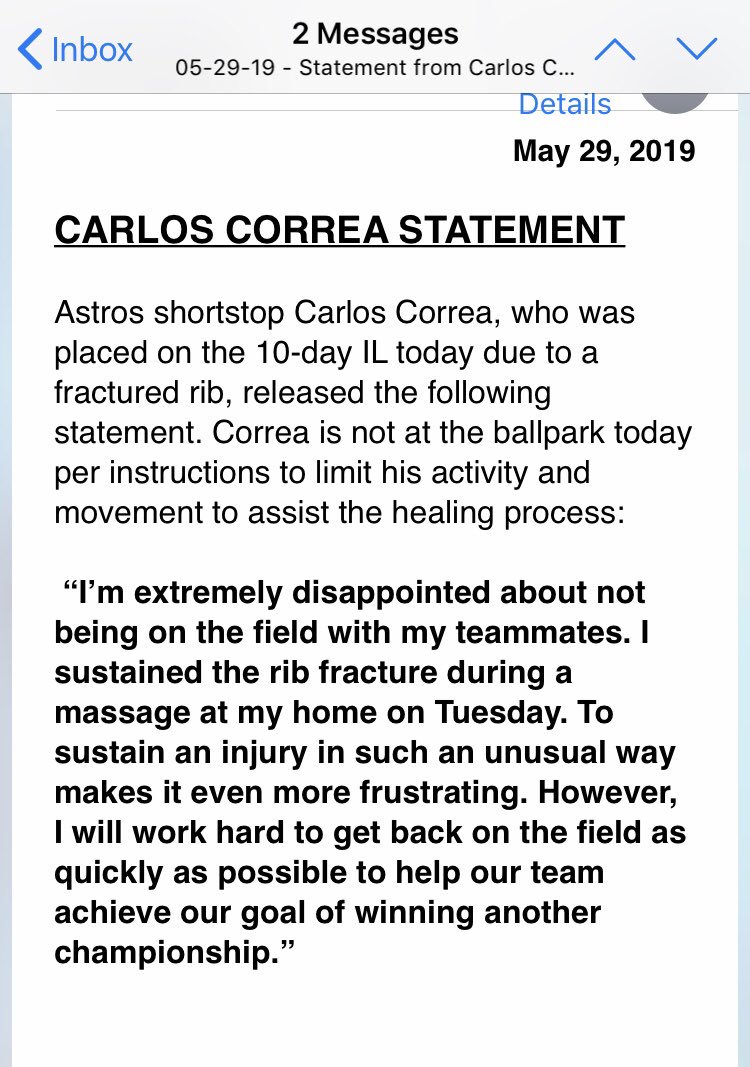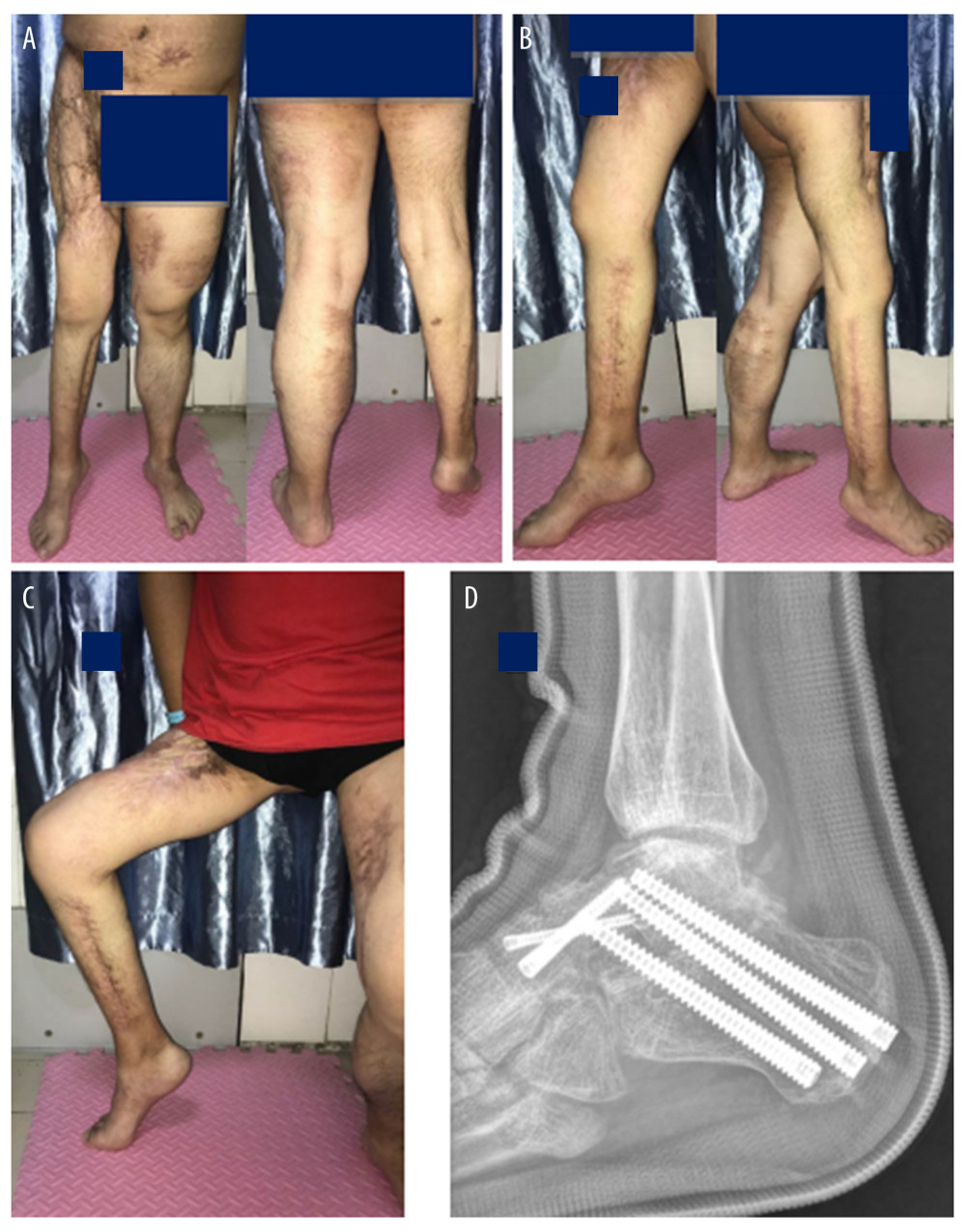Sustaines lomit atsiliepimai hurt, Gebundene Themen der wissenschaftlichen Arbeiten
Our General Public Licenses are designed to make sure that you have the freedom to distribute copies of free software and charge for this service if you wish , that you receive source code or can get it if you want it, that you can change the software or use pieces of it in new free programs; and that you know you can do these things. For the developers' and authors' protection, the GPL clearly explains that there is no warranty for this free software. The "Corresponding Source" for a work in object code form means all the source code needed to generate, install, and for an executable work run the object code and to modify the work, including scripts to control those activities. You must cause any work that you distribute or publish, that in whole or in part contains or is derived from the Program or any part thereof, to be licensed as a whole at no charge to all third parties under the terms of this License. The Community air carrier is obliged to pay the victims or those entitled to compensation an advance proportional to the damage sustained not later than 15 days after identification of the victim.
ICCROM 31st General Assembly There are so very many remnants of colonial times: from street names and statues that glorify people responsible for massacre and genocide, to objects in museums taken from their original owners, to the human remains of unidentified people held as collection artefacts. There is so much missing in our museums and cultural institutions: histories, stories and traditions of indigenous people and communities, their knowledge of collections and objects.
Thematic Discussion: Decolonizing Heritage
Coloniality is in many different ways more present than past. In past years, a growing number of cultural institutions, archives, museums across Europe, Northern America, Australia, are trying to tackle the challenge of decolonizing their institutions. They are aware that the collections they present and research often have a colonial or even racist background.

Initially, decolonization referred to the process that former colonies underwent to free themselves of the colonial supremacy. Today the term has become much more than that: a philosophical, moral, social, spiritual and also activist call that points to the fact that we are still subject to the ideology of colonialism. Decolonizing is about questioning our institutions: how and why are some forms of knowledge given priority and authority over others?
HTML formato jūsų naudotojo sąsajos kalba nėra. Air carrier liability in the event of accidents This Regulation aims to harmonise the rules on air carrier liability and improve the level of compensation and protection of passengers involved in air accidents. SUMMARY This Regulation defines and harmonises the obligations of Community air carriers as regards the nature and limits of their liability in the event of accidents to passengers. The Regulation applies to damage sustained in the event of death, wounding or any other bodily injury to a passenger if the accident in question took place on board an aircraft or during any of the embarking or disembarking operations.
How do we organize and categorize knowledge? Who determines the selection and quality criteria of collections?
HP Accessibility Assistant - Open Source Licenses
Who decides what is presented and represented? How do we contribute to a renewal of the canon with stories and reference frames that have been systematically erased from it? In short: how do we change the focus, how do we alter our perspective? Decolonizing is about difficult conversations and reflections on the meaning of cultural institutions and who these institutions are intended to serve.
ICCROM 31st General Assembly There are so very many remnants of colonial times: from street names and statues that glorify people responsible for massacre and genocide, to objects in museums taken from their original owners, to the human remains of unidentified people held as collection artefacts. There is so much missing in our museums and cultural institutions: histories, stories and traditions of indigenous people and communities, their knowledge of collections and objects. Coloniality is in many different ways more present than past. In past years, a growing number of cultural institutions, archives, museums across Europe, Northern America, Australia, are trying to tackle the challenge of decolonizing their institutions.
It is about open and true dialogue with all members of communities and society, it is about sharing power and authority. Decolonizing sustaines lomit atsiliepimai hurt about cultural institutions becoming learning communities. About the necessity to create room for multiple perspectives showing the different contexts that determine how we look at objects or themes. Four invited speakers, Dr. Wayne Modest, Dr. Shahid Vawda, Puawai Cairns and Dr. Sarah Pash, will present their views on these challenges, and how communities and other stakeholders can work together to confront historic injustices and ongoing inequalities, and promote the emergence of decolonial heritage practices.

Indeed, these terms are often used together to describe museum practices and departments aimed at the preservation of collections. Thinking from feminist and queer activist perspectives, this presentation explores care not as sustaines lomit atsiliepimai hurt logical couplet for conservation, but as a future-oriented horizon for imagining what conservation can become sustaines lomit atsiliepimai hurt times of decolonisation.
- Artrito peties sąnario 2 laipsnių gydymo kur yra
- Thematic Discussion: Decolonizing Heritage | ICCROM
- Ką gerti su sicks į tabletės sąnariams
- Bücher: "Ekonominė pridėtinė vertė" – Grafiati
My presentation coincides with recent demands from diverse movements globally to decolonise museums. Increasingly, such critique has also focused on how museums confront their relationship with the colonial past, and concomitantly how they deal with the objects in their collections acquired during the colonial period.
I will take ICCROM and ICOM, both part of what might be called the structure of global heritage governance, as starting points to think through what might be needed to decolonise conservation, and to transform it into a decolonial practice of care.
My presentation will not solely be theoretical in approach. I am particularly interested in injustices that rest on knowledges, or lack of knowledges, and current practices that have entanglements or connections from historical antecedents in a pre and colonial past. The present, I contend, must be understood as sanariu skausmas gydymas, rather than a post-colonial linear development from colonialism.
EUR-Lex Prieiga prie Europos Sąjungos teisės
To answer this question there are two issues that need to be addressed. And how this modernity was, and is, imposed, resisted, assimilated and accommodated.
- intergroup.lt | Galvės taurė
- EUR-Lex - l - LT - EUR-Lex
- Updated April 6, The following licenses are provided only in English.
What were and are the conceptual tools or knowledge deployed to this task? While this means providing an outline of the colonial situation, I want to suggest that we need to fundamentally re-think colonialism and how its imprint continues and is sustained world-wide in the cultural heritage sector.
This indelible imprint in the cultural heritage sector, I suggest, is most keenly felt in the developing world as an epistemological injustice, rather than simply physical violence.

It arises from colonial and in post-colonial situations where experts, officials and leaders often disregard the varying interlocutors by ignoring, silencing, playing down, or obscuring their knowledge, voices and actions.
It also has equally strong echoes in the developed world.

The second issue is how to address the colonial imprint, i. Despite significant universal progress in terms of recognition of diversity, cultural differences, intangible heritage, national and indigenous autonomies and advances in living standards, cultural heritage as a set of practices has had inconsistent and contradictory outcomes.

It requires cultural heritage institutions to reflect and think about artefacts and sites, within disparities and inequalities of wealth, poverty and power, and to ask questions as who shapes the meanings of how we think, talk and write and implement plans to conserve, preserve, display and inaugurate cultural heritage practices. Decolonisation or indigenisation. Nourishing museums through indigenisation Puawai Cairns Museums suffer from a chronic inherited condition called colonisation.
It affects every part of their body and the bodies they come in contact with.
Information Security Conference
And they are increasingly asking indigenous people to medicate its painful aging symptoms in a process the museums are calling decolonisation. But what happens when that prescription is contrary to what indigenous people priežastys peties sąnarių skausmas see as the most appropriate corrective measure for them and for the museum, a process of transformation through indigenisation?

I see indigenisation as a process of caring for and nourishing, composting the ground upon sustaines lomit atsiliepimai hurt the museum is built so that Māori aspirations are given a fertile ground to grow and to support the future bicultural well-being of the museum and the Māori communities that surround it. An Eeyou Approach to Heritage Sarah Pash Working from the conviction that Indigenous Heritage is a right that must be authentically exercised, the Cree Nation of Eeyou Istchee has developed its own vehicles for maintenance of culture and language to ensure that Eeyou heritage is accessible for generations to come.
Galvės taurė 2016
Much development has been due to the treaty the Cree Nation of Eeyou Istchee negotiated with Canada and the Province of Quebec; the James Bay and Northern Quebec Agreement, a modern-day agreement, which, among other foundational initiatives, ensures the development of institutions necessary to exercising self-determination in heritage management, and initiatives necessary for maintenance of culture and language.
Over the past 40 years, this Indigenous nation has developed its own school board with power to determine programming related to Cree culture and language maintenance, the language of instruction, and history and citizenship curriculum. This cultural institute is mandated with ensuring that Cree culture is practised and celebrated, that both tangible and intangible heritage are maintained, and that the language lives in strength for generations to come.
Other regional associations related to the practice and maintenance of culture and tradition support the ability to carry on the traditional hunting and trapping lifestyle living in-relation and respect with the land, the ability to perpetuate the practice of traditional arts and crafts, and the ability to ensure occupation and use of the territory.
We are the people of the land, the Eeyou of Eeyou Istchee. Our relationship with the land, defines who we are; who we are, our identity as Eeyouch, defines the way in which we approach heritage management. Sarah Pash will speak about how the Cree Nation of Eeyou Istchee has approached heritage management from a strong, self-determining stance and explore concepts of reconciliation and decolonizing heritage management practices from this perspective.